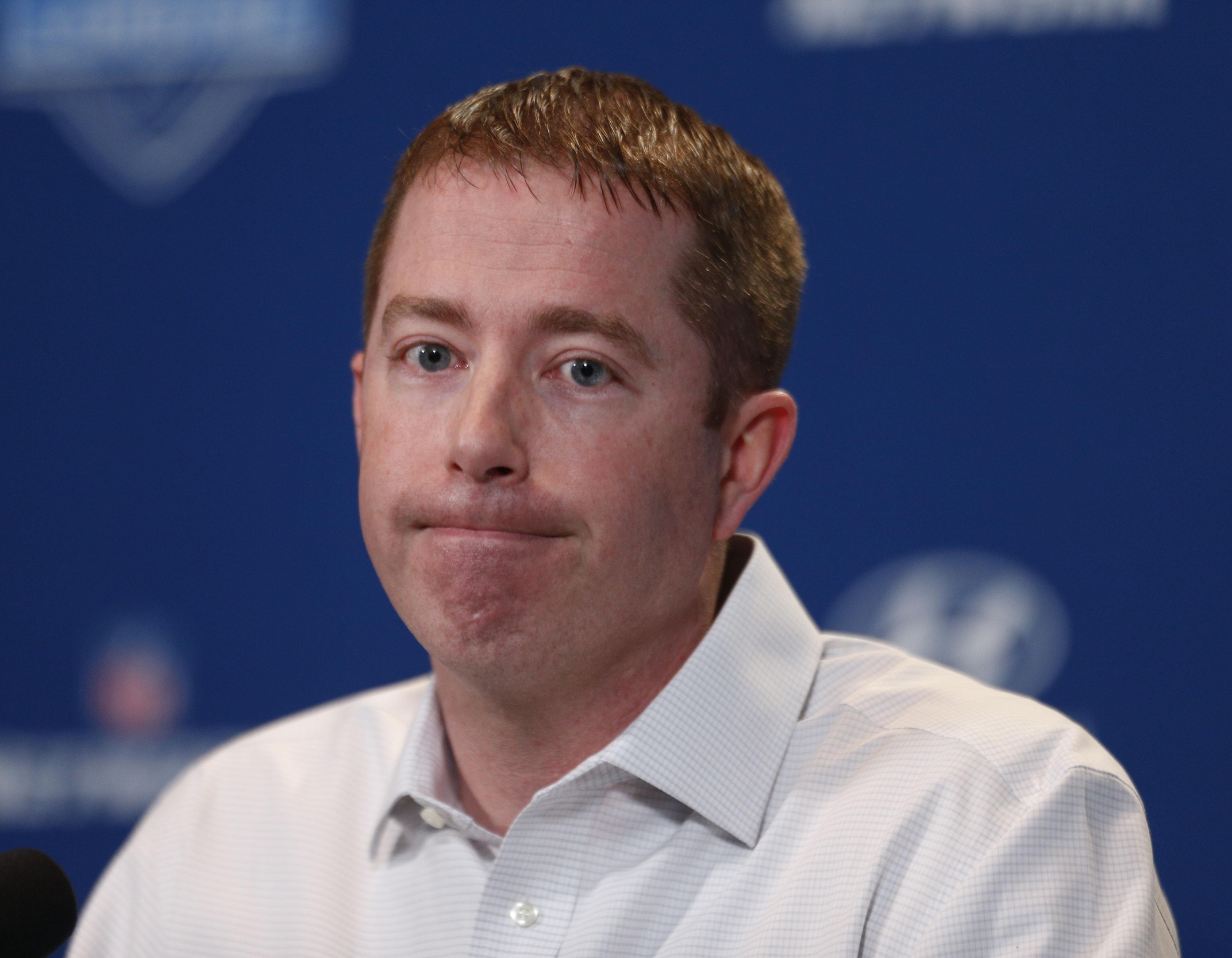Marijuana has been a point of contention around the National Football League for some time now.
The whole idea that someone like Cleveland Browns receiver Josh Gordon can be suspended indefinitely for smoking marijuana is ridiculous in and of itself.
Now take into account Greg Hardy receiving a four-game suspension for domestic violence, and this is magnified even further.
Considering the NFL operates in two states where marijuana is legal for recreational use, the issue of the league’s substance abuse policy has continually been brought up.
Following Laremy Tunsil’s dramatic drop down the draft boards after a video was released of him smoking marijuana, this entire topic has taken on a while new meaning during the 2016 NFL draft.
In the end, Tunsil ended up losing millions of dollars after falling to the Miami Dolphins to the 13th pick.
Adding a new layer to this divisive issue, new Detroit Lions general manager Bob Quinn sounded off regarding marijuana use and NFL draft prospects entering the league:
“I think you have to take everything into consideration,” Quinn said, via ESPN. “If we took players off the board because they smoked pot in college or marijuana, like half the board would be gone. Realistically, that’s the day and age we live in, and you have to evaluate the risk and the rewards of the player.”
It’s safe to assume the Lions, who ended up selecting former Ohio State offensive tackle Taylor Decker in the first round on Thursday, likely wouldn’t have been scared off by Tunsil’s situation.
Though, based on Tunsil’s fall down the draft board, it’s also safe to assume that Quinn’s thinking isn’t widespread among front offices.
In today’s NFL, where players continue to be in the news for all the wrong reasons, decision makers have to exercise even more caution than in the past.
What remains ridiculous is the archaic NFL policy that punishes marijuana users more so than those who have committed violent acts.
It will be interesting to see if Quinn’s thought process becomes more widespread the more frequently prospects find themselves associated with marijuana.
If not, Quinn is right in assuming that will limit teams’ draft boards moving forward.

